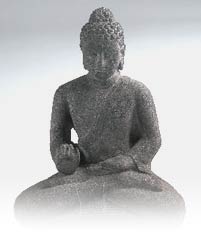I found these "Guiding Principles for Resolving Conflict" interesting:
The following are guiding principles for approaching and resolving conflict within our Sangha at Clouds in Water Zen Center. We seek to:
- Take responsibility for our vulnerabilities and emotional triggers in relationships with others.
- Investigate our own responsibility in the conflict before speaking with another.
- Practice non-stubbornness by holding an open heart, a willingness to understand, and a desire to reconcile differences.
- Have face-to-face resolution of the conflict with the other person or people involved.
- Use anger in a constructive and respectful way, allowing it to teach and transform us for the better, avoiding the “poison” of envy and comparing ourselves to others.
- Separate the behavior from the person, seeing the situation as an opportunity to liberate.




